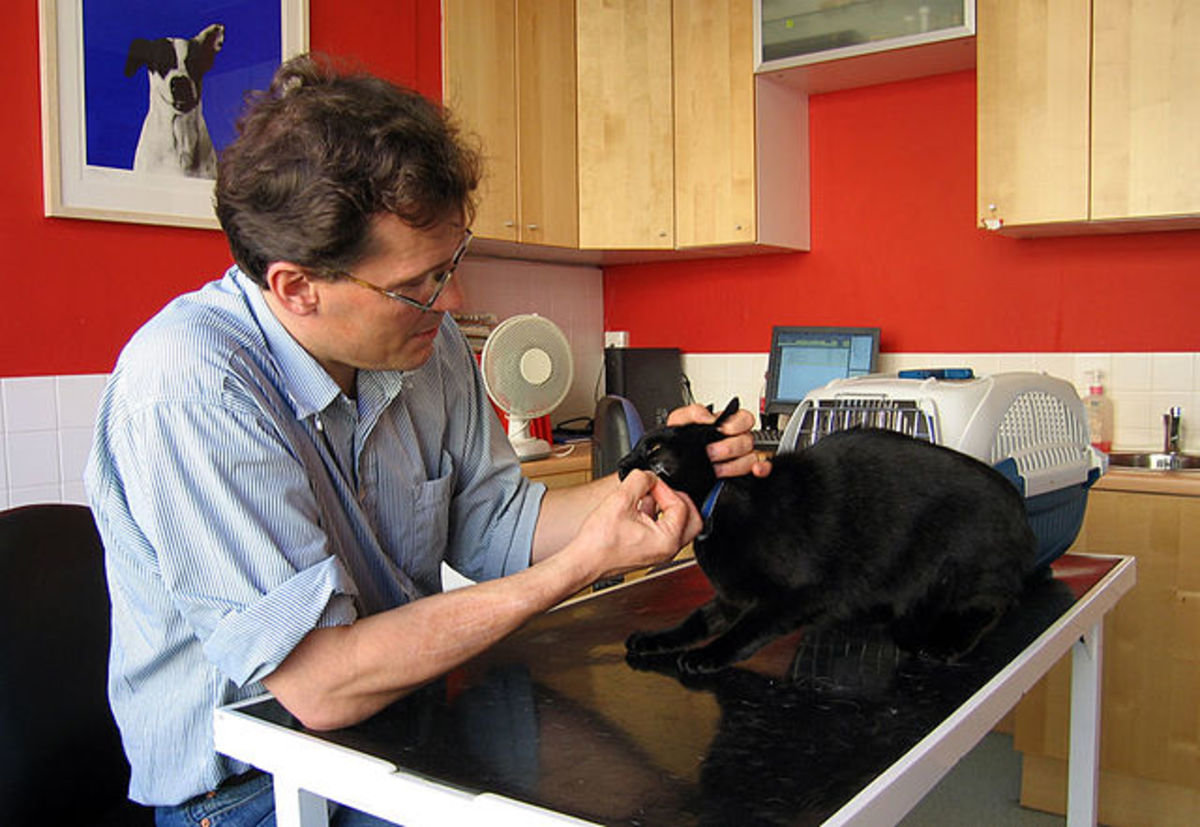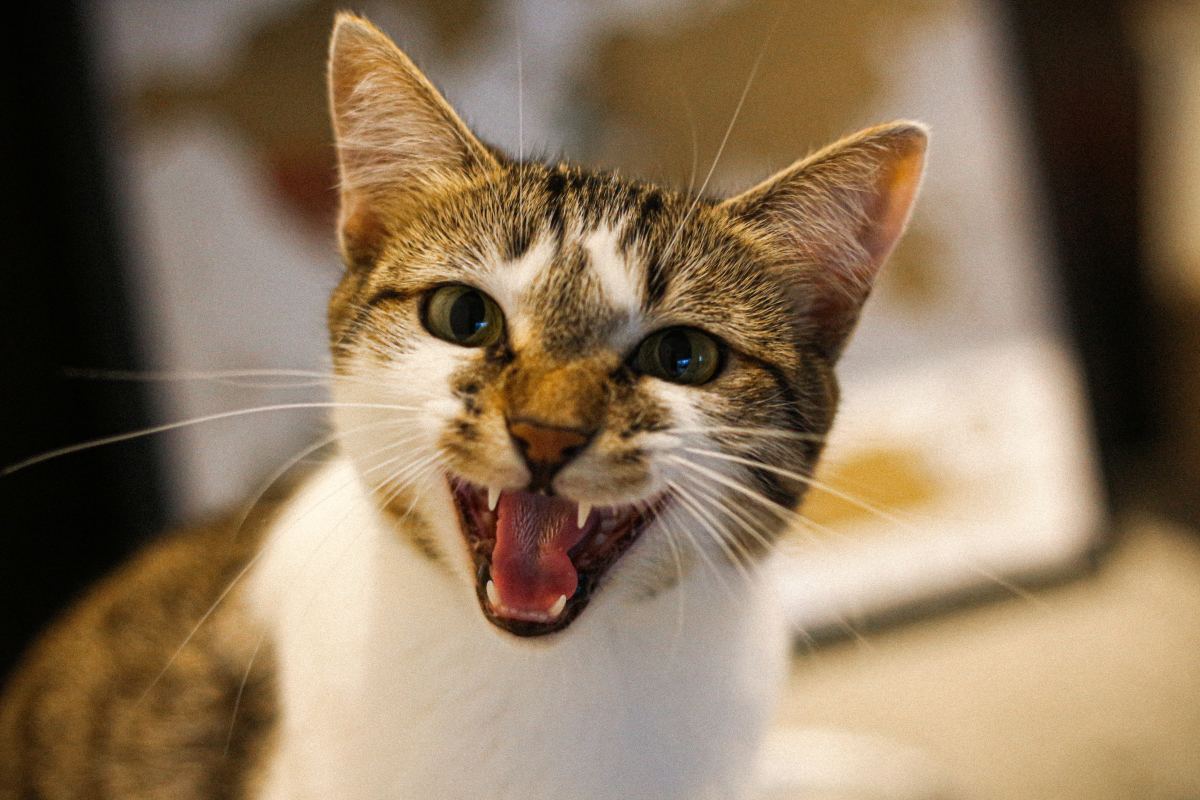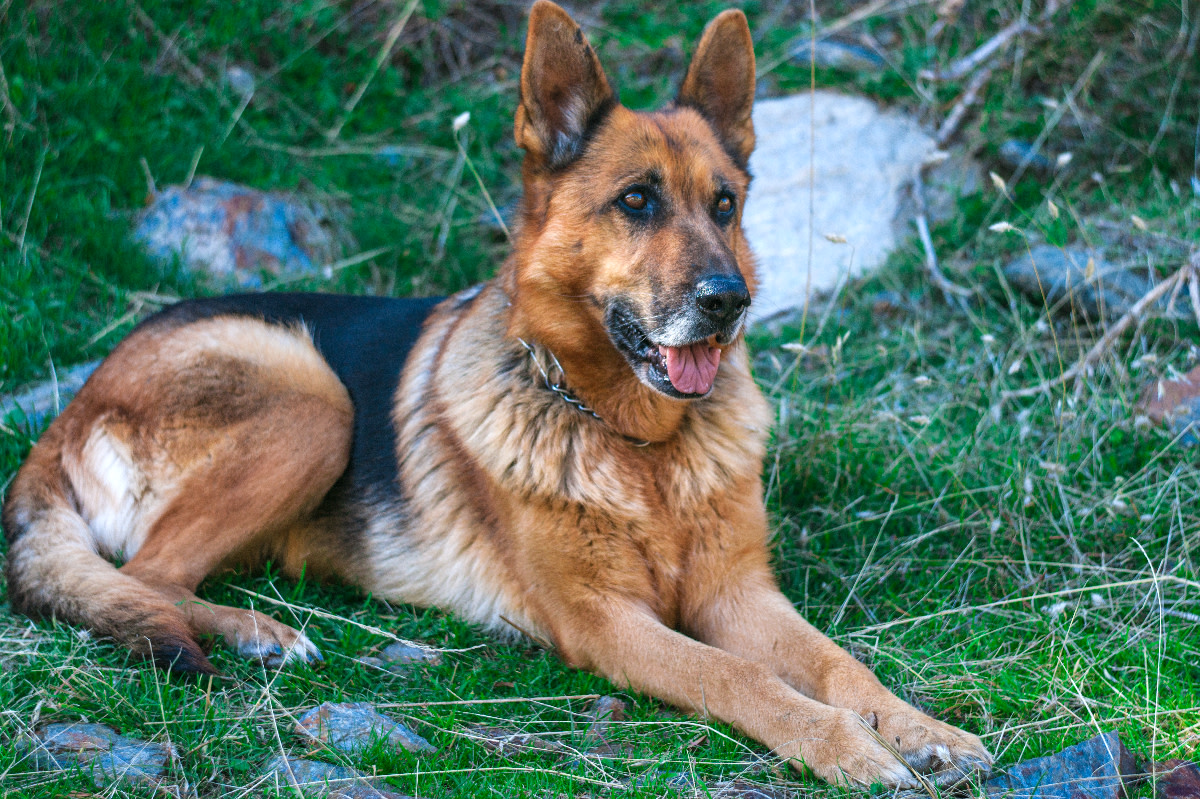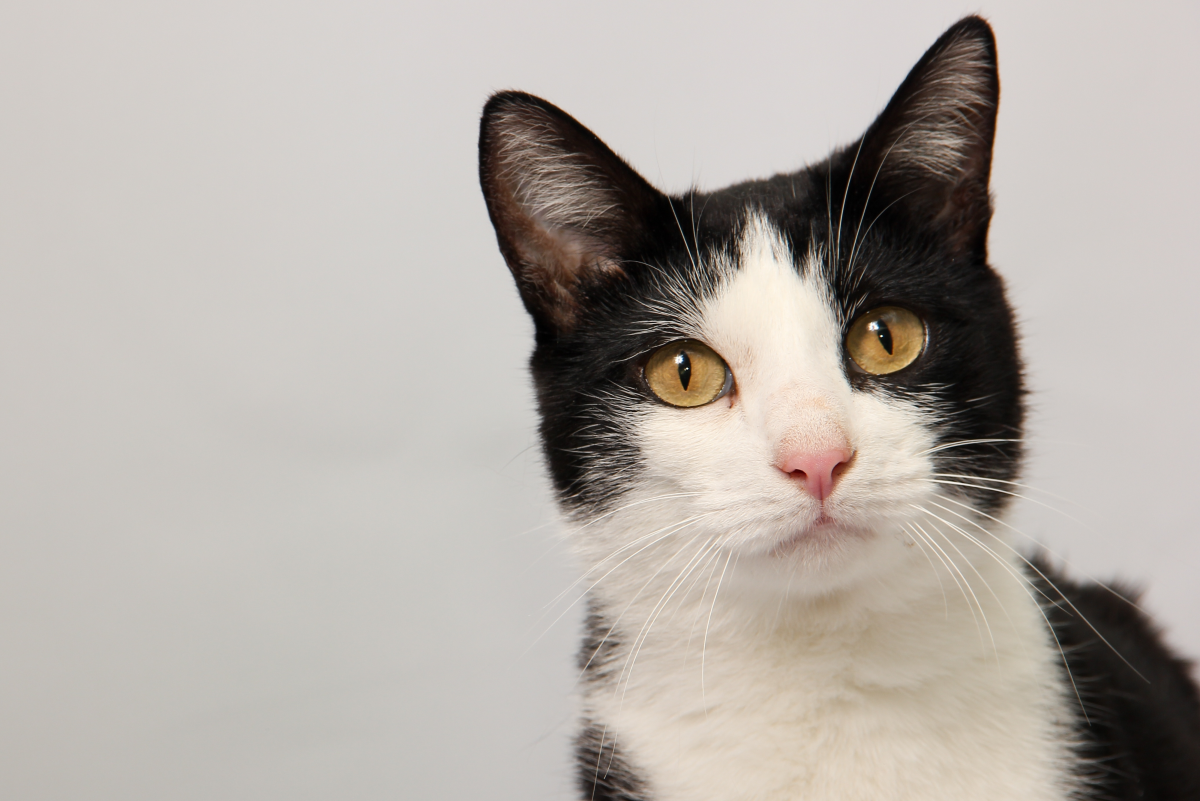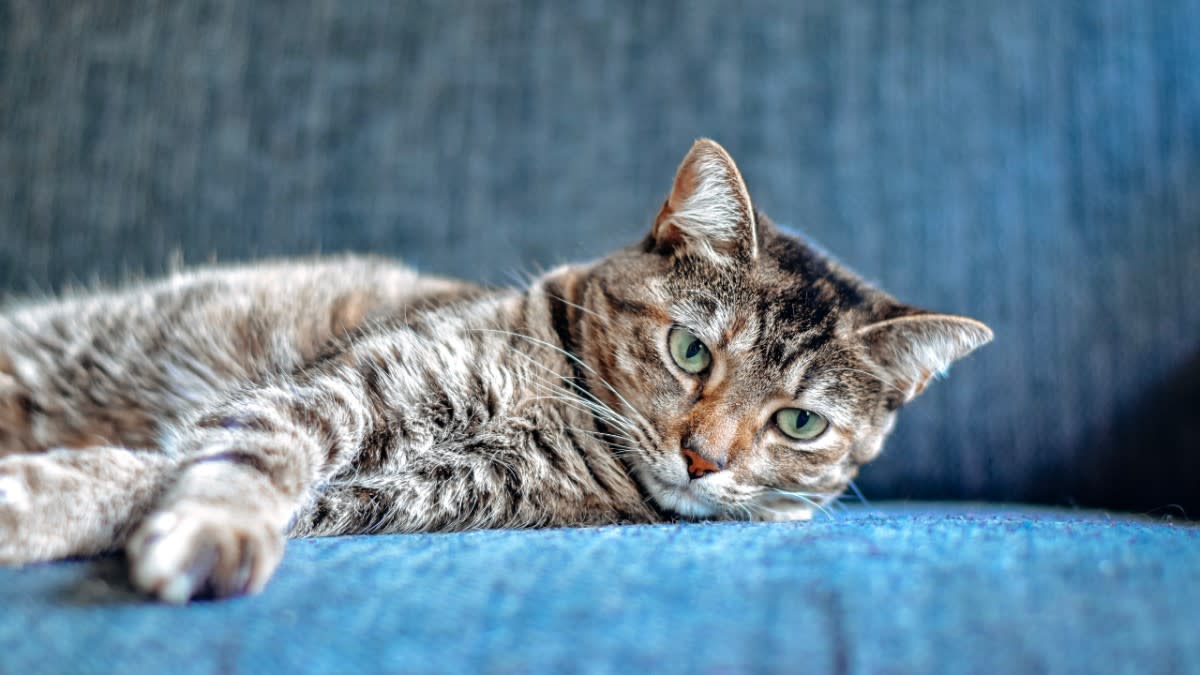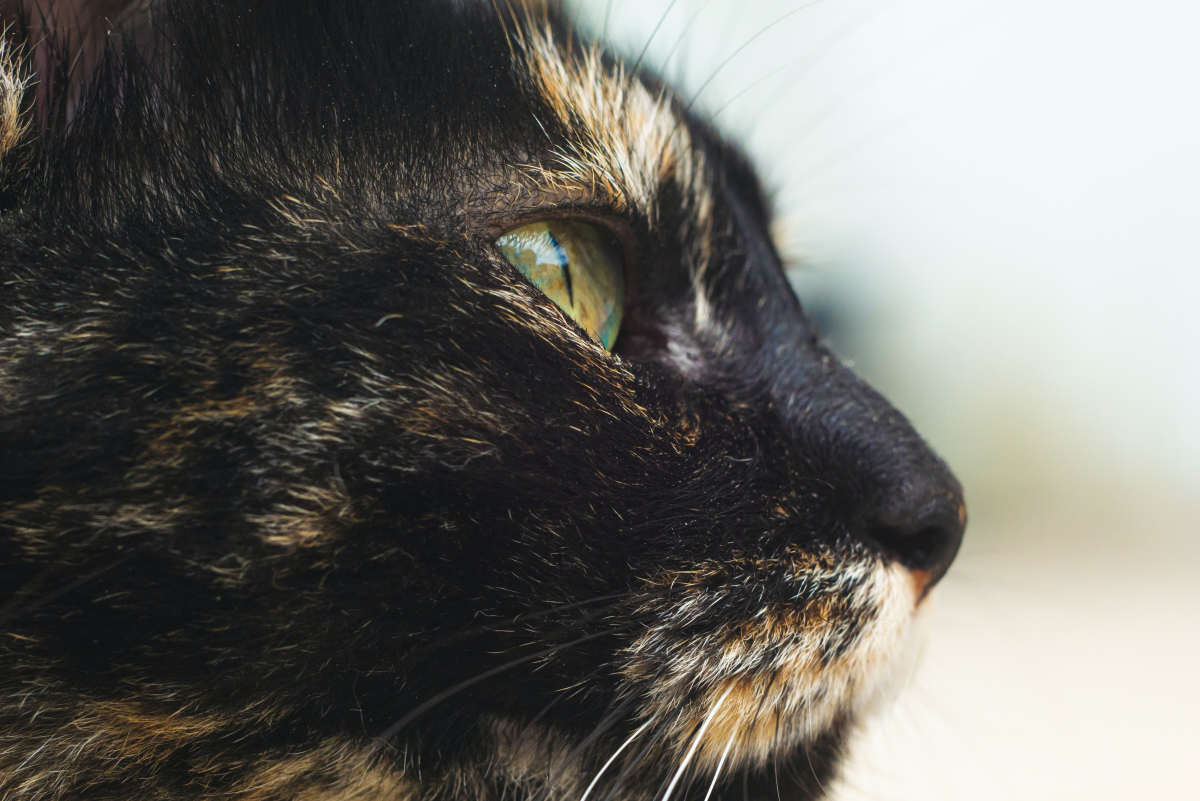Dealing with an Aggressive Cat - Feline Aggression
Feline Aggression
Cats can be the sweetest, most loving pets, but they're not always so sweet and innocent. Some cats have tendencies to become aggressive, and other cats are just plain aggressive all the time, only wanting your attention on their terms.
For cats who have tendencies or are only occasionally aggressive, you may find that their behavior is triggered by fear, stress, anxiety, rivalry and jealousy, pain, self-protection and defense, improper socialization, and even learned aggressive behaviors.
You may even find that your cat experiences a predatory aggression during play. Typically younger cats experience the predatory, play agression more often than older cats. These behaviors can often be directed at humans or other animals and can become harmful, so watch out when rough-housing with your cat, as when your small kitten becomes older, the biting and scratching will become more and more painful but he'll still think it's just play.
Another common type of aggression that you may see can be a non-recognition aggression where the aggressive behavior is directed at another cat in the house. The two cats may have once gotten along, but the unusual behavior can be brought about after one cat has been away at the veterinarian or groomer and may smell differently than usual. This type of feline aggression is a triggered response.
So, in all reality there are many different reasons and causes for feline aggression, and in order to correct the problem, it's best to figure out the cause first. Don't forget to rule out health related problems, as well, since pain and other underlying health conditions can cause a change in behavior.
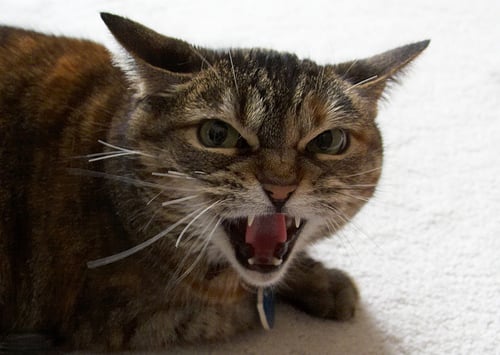
Signs of Aggression
Feline aggression really is one of the more common complaints that pet owners have with cats. Most people just don’t understand the random bouts of aggression from cats, and they just don’t want to deal with it, but usually there is a reason behind it, and if you spend time trying to figure out the cause, you can correct the problem.
Aggression can be caused by a number of reasons, especially considering that cats typically live by pretty strict territorial rules, but no matter what your domestic cat should not try to harm you or another animal in the house, which is why it is important to note the signs of aggression earlier than later so that you can correct the behavior and remote the initial cause of the aggression.
Common signs of aggression can include:
- Yowling
- Urinating and defecating outside the litter box
- Biting
- Scratching
You may also notice a change in your cat’s body language and posture. Cats that are in a defensive state will typically:
- Point his ears forward or to the side OR flatten them to his head
- Raise his bum higher than his body in a crouching position
- Hold his tail downward with just the tip swishing from side to side OR curled to the side of his body
- Lock his eyes on his target
- Dilated pupils
- Hair may puff up on the body and tail
- Growl, spit, or hiss
For a more predatory aggression, you may not see as many body or posture changes, but you may notice other behavior changes.
- Intense concentration
- Stalking
- Crouching
- Springing
Generally, these behavioral changes are normal in most situations, but if your cat’s aggression continues, you should definitely consult your veterinarian and/or an animal behaviorist so that you can get your cat’s aggression treated as soon as possible for both the safety and welfare of you, your family, and your cat.
Diagnosing Feline Aggression
If you notice persistent signs of aggression, you want to have your cat properly diagnosed. Now, it may seem silly to say, if you see the signs of aggression to have the cat diagnose for aggression, when you obviously have the bite and scratch marks to prove there’s a problem. Well, what I mean is basically rule out the cause of the aggression.
You want to make sure that the aggression isn’t caused by a medication or an underlying health concern, first. Have your veterinarian perform a physical exam on your cat, take blood work, and perform any other tests necessary to rule out health problems.
If your cat is otherwise healthy, you should consider a behaviorist, which is a professional who is specially trained to work with animals with behavior problems. The behaviorist can easily figure out the cause of the aggression and help your treat the problem.
Just remember that you want to find out what is causing the aggression, so that you can remove it from the situation, or at least alter it so that it not longer triggers aggression in your cat.
Solve Cat Behavior Problems
Treating and Correcting Aggression in Cats
In the wild, aggression is important for survival, but as a domestic pet cat it's not really necessary. We want out cats docile, tame, and sweet. So, it’s necessary to treat the aggression once you’ve diagnosed it as a behavioral problem.
For the most part, the exact treatment to solve the aggression problem will depend on the type of aggression that your cat has and what the underlying cause is. But, in most cases, behavioral therapy with a professional animal trainer or behaviorist is all that you’ll need. Just make sure that the trainer is properly qualified, because you don’t want to make the situation worse than it already is, and some forms of behavioral treatment may actually hinder your cat’s treatment, making the problem worse than it already is.
There are generally two different methods of re-training your cat’s aggression- 1) removing or avoiding the triggers and 2) socialization and behavioral changes.
But, in addition to training, you may want to consider a holistic remedy that may calm your cat down. There are herbs, essence, other remedies that your veterinarian can recommend to reduce your cat’s stress and anxiety levels.
Consider using:
- Passion flower, chamomile, lemon balm, to promote relaxation.
- Holly can aid with jealousy.
- Chicory can help cats who feel that they have to be in control; this is great when you have two cats that feel they both need to be the alpha cat.
- Willow works on cats with resentment, which can be beneficial for those who are having a problem dealing with a new baby or a new pet in the house.
Homeopathic remedies can help restore peace in your household while you are working on training your cat. Just remember that you should never self-dose your cat. Always as your veterinarian for proper holistic dosages.



